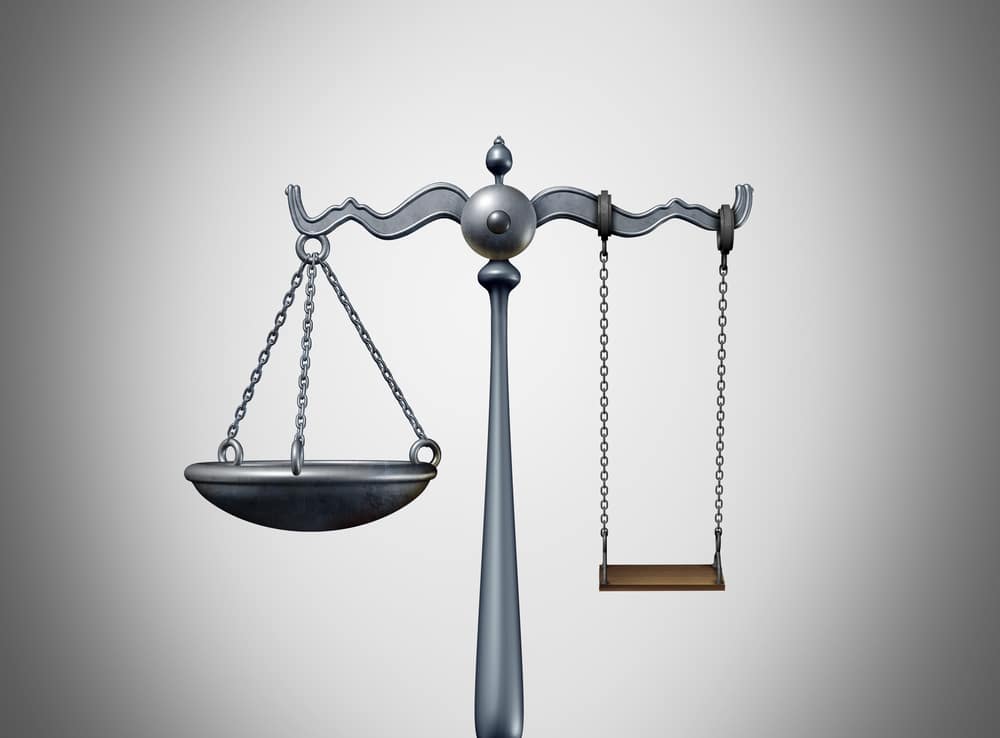Family Lawyers

When many parents are splitting up, they may ask family lawyers for help.
In England and Wales, there is an organisation called Resolution. Most family lawyers are members of Resolution. When a lawyer becomes a member, they agree to a code of practice.
This code of practice requires members to do all they can to reduce conflict and confrontation between your parents. Most importantly, the family lawyers who are members of Resolution agree to “put the best interests of any children first”.
When am I allowed to talk?
Family lawyers do not talk to you directly. They represent your parents, so you can only communicate with them through your parents.
There are, however, special forms of family law where you can have a direct voice, such as lawyer assisted family mediation and collaborative law.
In lawyer assisted family mediation, each of your parents has a lawyer and then, with their lawyer by their side, they participate in family mediation. This approach means your parents get the best of both worlds – their own family lawyer to protect them or to deal with difficult legal issues, and a process that focuses on talking and resolving things face to face.
In lawyer assisted family mediation, if you are aged 10 and over, it is possible for you to have a direct voice. This is called child inclusive mediation. Another special type of family law is collaborative law. Here, each of your parents has their own lawyer, but instead of conducting negotiations by letter or over the telephone, the discussions take place through “four-way meetings” – your two parents and their two lawyers.
Collaborative lawyers are specially trained in this method. At the start of the process, everyone agrees that they will not go to court but agree everything around the table. Going to court can be very stressful for everyone, as well as very expensive.
Other specialists can be involved in collaborative law, including experts in children and parenting, who can advise your parents on the best things to do for you. Occasionally these experts can consult with you. If your parents are using collaborative law, you could ask them about this option.
Where Can I Find Help?
- If you live in England or Wales, your parents can find lawyers who practice these kinds of law on the Resolution website, where there is a directory.
- If you need someone to talk with and would like support from our partners, The Mix, use this tool to find more content, a freephone helpline, online forums, apps and more: open tool.
